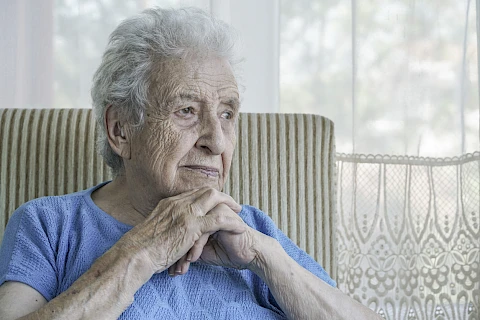
Mental health affects overall well-being at every stage of life. For seniors, staying mentally well can be more difficult due to life changes and health conditions. That’s why it’s helpful to stay aware of how depression can appear in older adults. Caregivers are often the first to notice changes and provide support that can help lift their spirits and improve daily life.
Looking Beyond the Surface
Depression goes deeper than feeling sad; it's a mental health condition that changes how a person feels, thinks, and manages everyday tasks. Among seniors, it often slips under the radar. Some assume it’s just part of getting older, but that’s a myth. Depression in seniors may present differently than in younger adults. While younger individuals may express sadness more prominently, seniors might display symptoms such as fatigue, withdrawal, or even irritation.
Spotting the Signs Early
Caregivers are in a strong position to notice early signs. These symptoms can be emotional, physical, or behavioral. Watch for:
- Changes in appetite or weight
- Fatigue or lack of energy
- Loss of interest in hobbies
- Difficulty concentrating or making decisions
- Expressions of hopelessness or sadness
Chronic illness or medication side effects can make symptoms harder to recognize. If someone who was once sociable becomes withdrawn or uninterested in favorite activities, that shift could point to more than just aging.
Starting the Conversation With Care
Discussing mental health may feel uncomfortable, but a caring and calm approach helps. Mention what you’ve observed and express concern gently. Ask open questions like, “How have you been feeling lately?” and listen without judgment. Show patience and empathy. It’s okay if they’re not ready to open up right away.
When More Help Is Needed
There comes a point when professional help is necessary. If you notice persistent symptoms of depression, it's important to seek a professional evaluation. Start by talking to their healthcare provider, who can offer guidance and potential treatment options. These might include therapy, medication, or lifestyle changes.
With the right support, seniors can feel more stable, understood, and comfortable in their day-to-day lives.
Care and Companionship Make a Difference
Recognizing depression in seniors early helps guide decisions that support their well-being. Caregivers who stay attentive, keep communication open, and bring in help when needed can create a positive difference. In-home care can also ease feelings of isolation, offering both companionship and peace of mind. Families in Lebanon, Lewistown, Danville, Selinsgrove, and Lewisburg can explore care options that support seniors where they feel most comfortable—at home. Contact Senior Helpers Mifflinburg to learn more about our home care options.